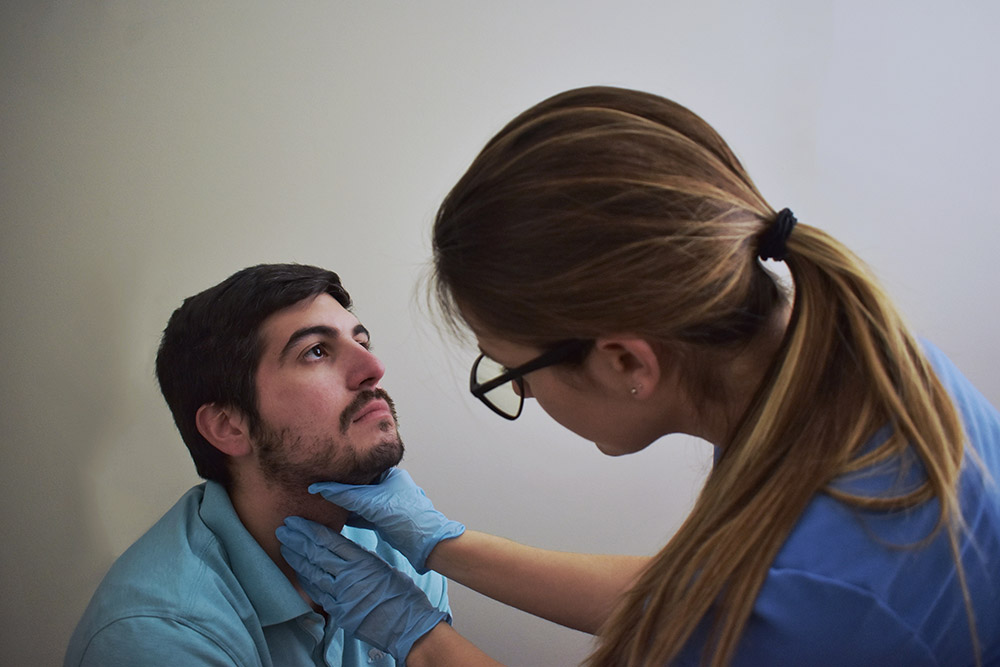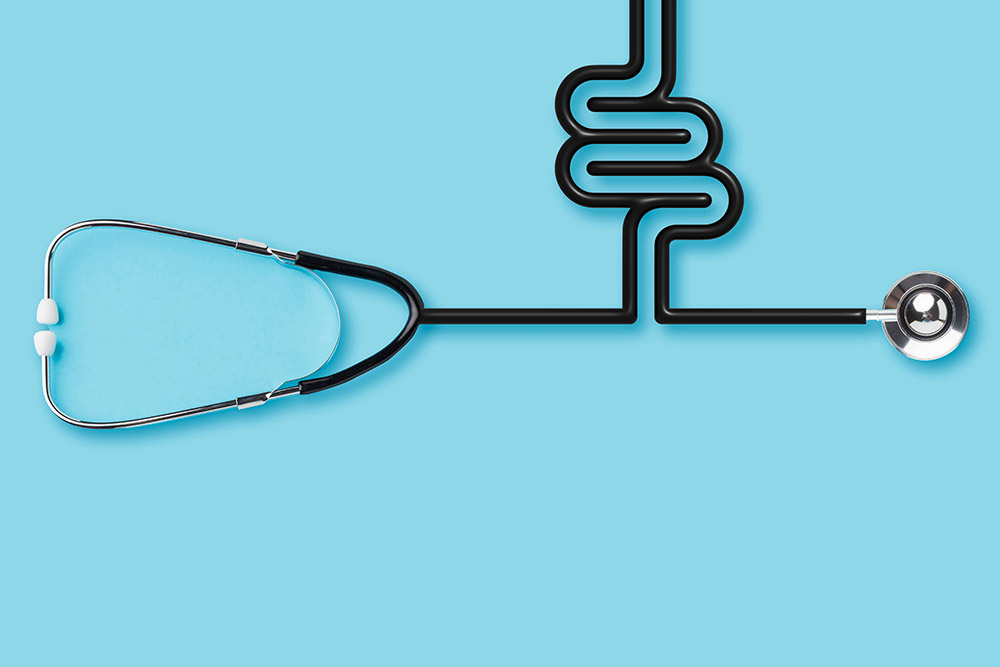What Is Hemorrhage of the Anus and Rectum?
Hemorrhage of the anus and rectum refers to bleeding from the lower part of your digestive tract.
You may notice blood on toilet paper, in the toilet bowl, or mixed with your stool. Bleeding can
range from light spotting to heavy flow. The official ICD-10 code for this condition is K62.5.
Common Causes and Risk Factors
- Hemorrhoids - swollen or inflamed veins around the anus
- Anal fissures - small tears in the lining of the anal canal
- Colon polyps or colorectal cancer
- Diverticulosis - small pouches in the colon wall
- Inflammatory bowel disease (Crohn's disease or ulcerative colitis)
- Constipation or straining during bowel movements
- Low-fiber diet
- Family history of colon or rectal disorders
- Age over 50 years
- Prolonged sitting or heavy lifting
Signs and Symptoms to Watch For
- Bright red blood on toilet paper, in the toilet bowl, or coating the stool
- Dark, tarry stools (melena) indicating digested blood
- Pain, itching, or swelling around the anus
- Sensation of incomplete evacuation after a bowel movement
- Weakness, lightheadedness, or dizziness if bleeding is significant
How Dr. Rishi Diagnoses Hemorrhage Of Anus And Rectum?
Medical History and Physical Exam
At GastroDoxs in Houston, Dr. Chadha starts by reviewing your symptoms, medical history and risk factors, then performs a focused physical exam of the anus and rectum.
Anoscopy
A short, lighted scope is used to inspect the anal canal for hemorrhoids, fissures or other sources of bleeding.
Sigmoidoscopy or Colonoscopy
He may recommend a flexible sigmoidoscopy to examine the lower colon or a full colonoscopy to visualize the entire colon and rule out polyps, inflammation or tumors.
Stool Tests
Samples of your stool are analyzed for occult (hidden) blood to help identify bleeding not visible to the naked eye.
Advanced Imaging
If bleeding is heavy or its source remains unclear, Dr. Chadha may order CT angiography or other imaging studies to precisely locate and characterize the bleed.
Frequently Asked Questions
What is the ICD-10 code for this condition?
It's K62.5.
When should I worry about rectal bleeding?
If it's heavy or lasts more than a day, call your doctor.
Can diet changes stop the bleeding?
Eating more fiber often helps, but it depends on the cause.
Are hemorrhoids always the cause?
No. They're common, but other conditions can cause bleeding too.
Does colon cancer always cause bleeding?
Not always. But any rectal bleeding should be checked.
How long does it take for a fissure to heal?
Most fissures heal in 4 to 6 weeks with proper care.
Will a colonoscopy hurt?
No. You'll be sedated, and most people feel no pain.
What if lifestyle changes don-t help?
Dr. Chadha can offer medication or minimally invasive procedures.
Can I prevent this from happening again?
Yes. A healthy diet, regular exercise, and routine checkups help a lot.











